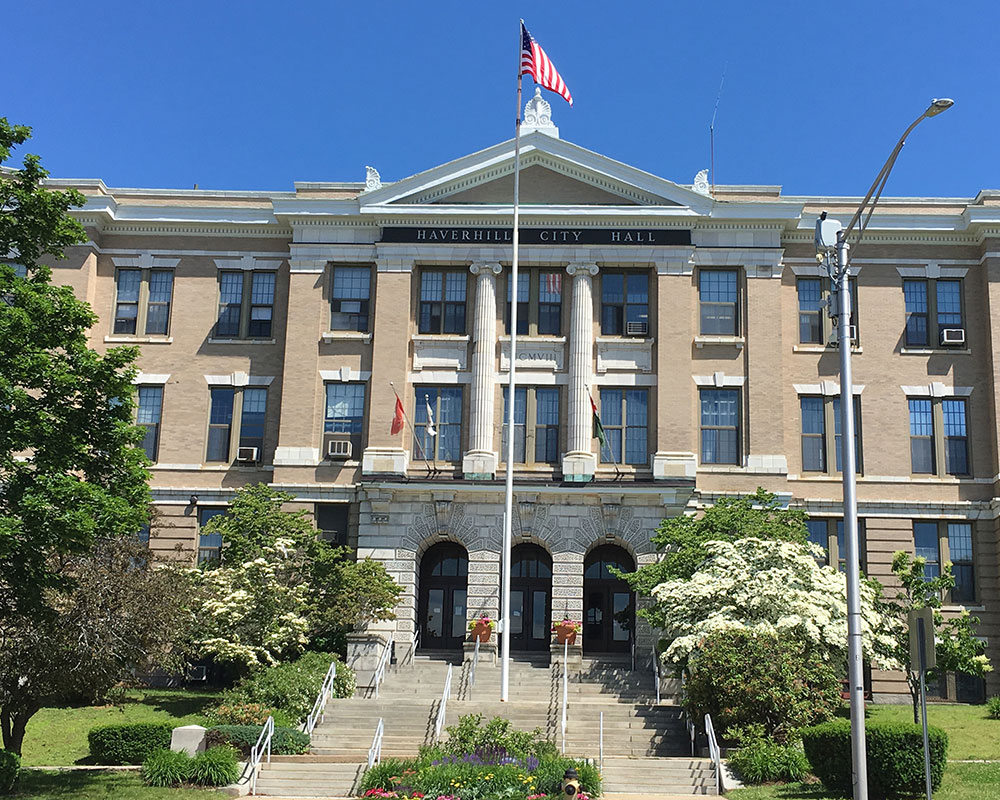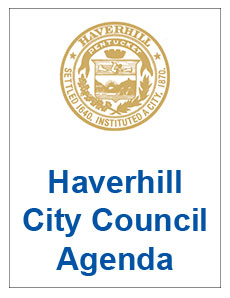How much homeowners and commercial-industrial property owners pay in real estate taxes—and the rate spread between the classes, is expected to be decided Tuesday night during the city’s annual tax classification hearing.
Past hearings have doubled as a second round of budget talks with councilors and Mayor James J. Fiorentini airing differences over using any surpluses to reduce taxes or pay for needed repairs and improvements. In a letter to councilors Friday, Assessor Christine M. Webb set the baseline for talks, noting that, once again, residential properties increased in value at a greater pace than commercial, industrial and personal properties.
Assuming the past year’s 165% shift of the burden onto commercial and industrial properties, Webb notes property taxes for the average single-family homeowner will rise $180 annually, while average commercial property tax bills decrease by $133 and average industrial property decrease by $284.
The single-family average is based on a home valuation of $501,431 and a tax bill of $5,334 if nothing changes.
Alternatively, Webb notes, moving more of the tax burden back to residential property taxpayers with a 150% factor—usually suggested to encourage more commercial development—would cause taxes on the average single-family home to rise $305 for the year.
In summary, she explains, each 1% shift means an $8 change for residents and $100 change for commercial properties and $155 change for industrial properties. The city is allowed a maximum shift to commercial and industrial properties of 175%. Average single-family property taxes would still rise $94 this year if a maximum burden is placed on commercial and industrial properties.
Property values are calculated as of Jan. 1 of the current year. Unless officials identify other money to subsidize the current budget of just under $236 million, the part paid by property taxes will be about $123 million. Fiorentini told WHAV this weekend the state Department of Revenue has yet to certify the city’s current surplus—known as free cash, but he estimates it will be $6.2 million. He added, however, free cash disappears on June 30 and cannot be used to reduce taxes until recertified
The Haverhill City Council meets Tuesday night at 7, in-person at the Theodore A. Pelosi Jr. Council Chambers, room 202, Haverhill City Hall, 4 Summer St. As a public service, 97.9 WHAV plans to carry the meeting live.


